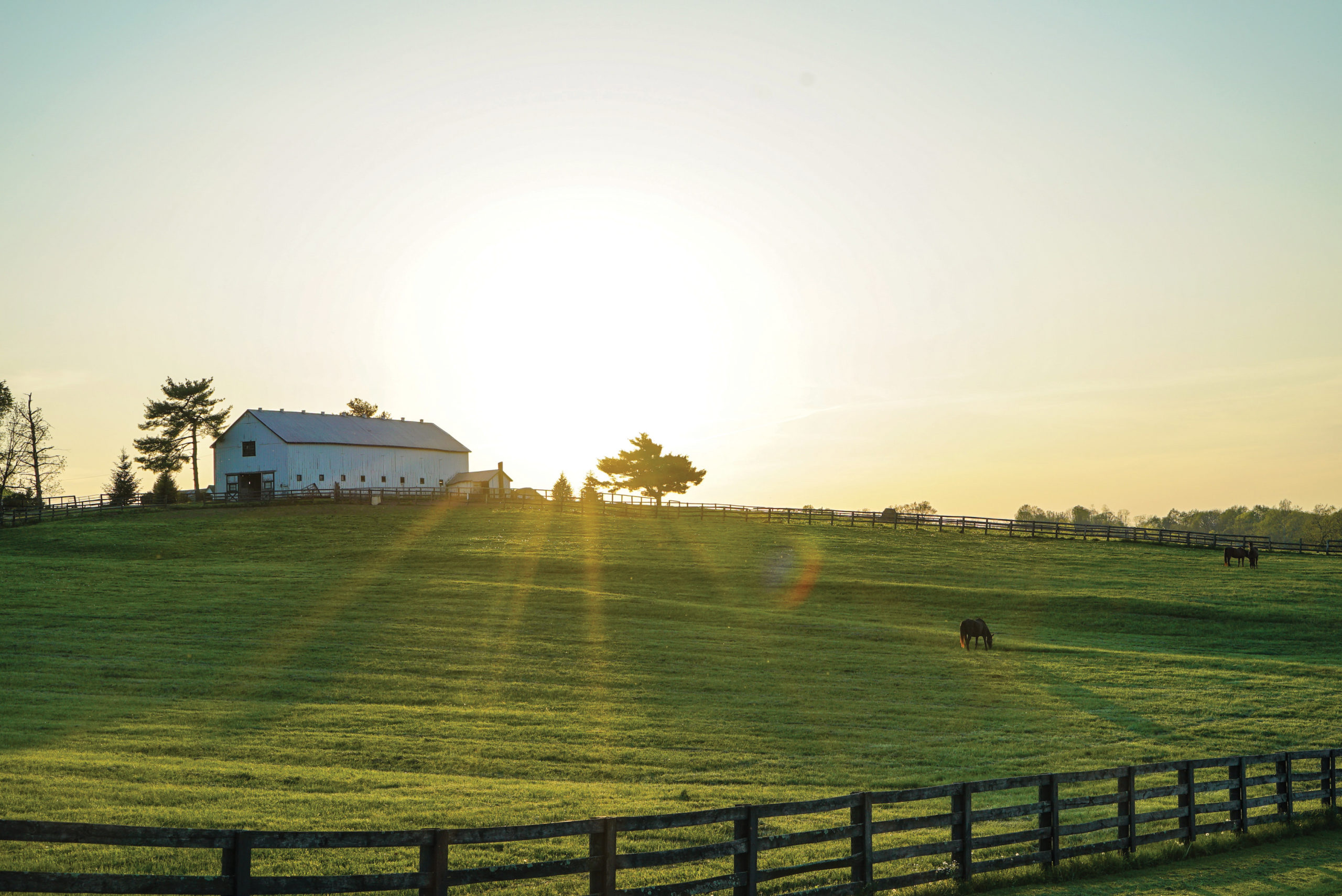

“Kentucky farmers faced a difficult 2022. The year started with tornado clean up in the western part of the state. An avian influenza outbreak across the United States found its way into Kentucky by February, eventually affecting two commercial operations and several backyard flocks throughout the spring, summer and into the fall. Then floods ravaged parts of Eastern Kentucky in the summer, while some parts of the state suffered drought conditions, impacting crop production and our ability to get our export crops to their final destinations. The tremendous variations in weather conditions took its toll on farmers, livestock, and crop production. Price increases on diesel fuel and fertilizer also had negative impacts as farmers faced rising prices and supply chain issues. But the resiliency of our agriculture community shined through as some farmers experienced record yields. As we look toward 2023, we are watching and preparing as Congress looks to take up the new farm bill, which will set policy on a number of issues for the next few years

“Current macroeconomic challenges we are experiencing were several years in the making, and the return of a robust global economy can be expected to take at least as much time. There are several points of geopolitical tension that will have a significant impact on the future of global trade. If these can be moderated, we should see a shallower recession and return to growth. If the tensions continue through 2023, the response of market sectors will impact the length and severity of any recession. For the agriculture sector, the cooperation of Russia in the grain trade agreement is particularly important. Despite the challenges, we are bullish on the future of the agri-food sector. The times are unprecedented but likewise are the opportunities. We must continue to advance agriculture’s ability to deliver nutrition—not simply food—for all and do so while uplifting economies and replenishing our planet’s natural resources. No other industry is more fundamental to planetary well-being. The focus within agriculture globally is on how we can support food security, even in the midst of raw material shortages and supply chain challenges. We must do so while we continue to implement technologies and management practices that support environmental ambitions, such as the reduction of greenhouse gasses and the capture of carbon, which agriculture is uniquely positioned to positively impact.
“Although 2022 was the highest inflationary period in the 40-plus year history of our business, we have continued to invest in Kentucky. Presently, we have $18 million in capital projects underway to improve our manufacturing capabilities in Springfield, Versailles and Flemingsburg. These investments will further grow the tax base for the state and attract a highly skilled workforce.”

“At Mt. Folly Farm and related companies
—which include Laura’s Mercantile, The Mercantile on Main, and Wildcat Willy’s Distillery—we are planning and executing a return to local supply chains, superior food, an improved environment and a fulfilled, richer workforce.
The companies are now owned by nine people, with new partnerships in the making. In 2023 we’ll have another line of local healthy products on the market. We are launching The Moonshine Trail, linking craft distilleries from Whitesburg to Lexington.”
“The big trend in our sector, regenerative farming and marketing of products so raised, is demonstrating and communicating the environmental and social benefits of our work. Our staffing, which is collaborative and unusual, will grow.
“The most positive thing about Mt. Folly Enterprises is the youth, vigor and smarts of the owners and staff.”



















